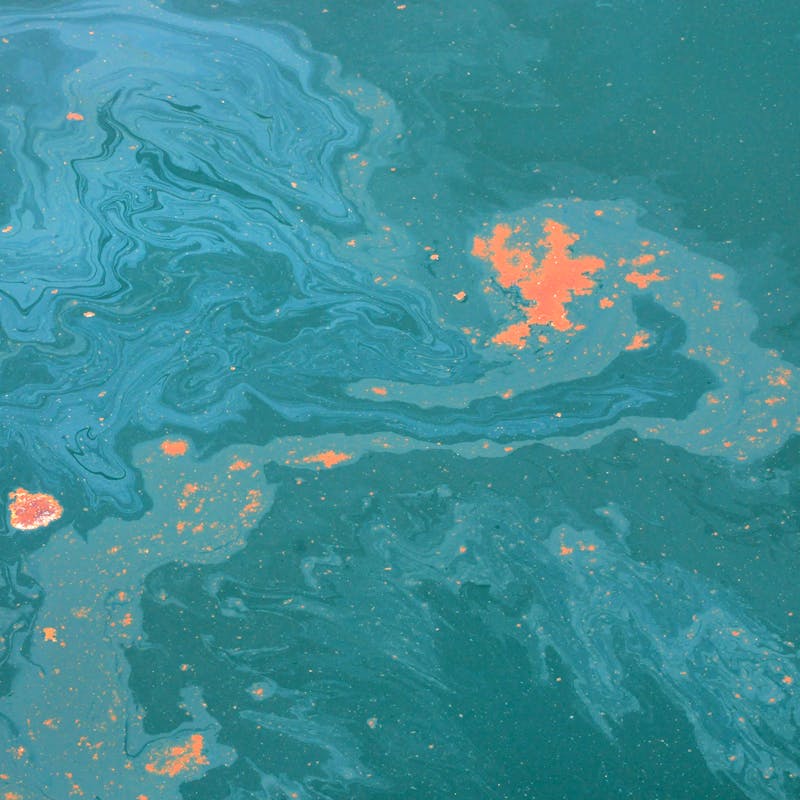
The over-developed barrier islands of Cancun are extremely vulnerable to the effects of climate change.
Post by Noah Matson, vice president of climate change and natural resources adaptation at Defenders, who traveled to Cancun, Mexico for the U.N. Framework Convention on Climate Change talks.
In the past year, we have seen some of the best opportunities for progress on climate change come tumbling down – first in Copenhagen (last year’s international climate meeting) where hopes for a binding new international agreement were dashed, and then in the U.S. Senate, which was incapable of even voting on a comprehensive climate and energy package.
So it is easy to see why expectations for the negotiations here in Cancun are low. In fact, there are only about a fifth of the attendees from last year’s talks. But those of us here, both the delegates and the non-governmental observers like Defenders, are the committed, and though there are no allusions of hammering out a new binding, comprehensive agreement, there are many building blocks that can be agreed upon leading up to next year’s meeting in Durban, South Africa, where hopes are again high for a broader agreement.
So what is at stake? I attended the plenary meeting of the section of the negotiations working on a framework for a future agreement, and it was the delegate from Micronesia, representing the small island nations of the Pacific, who gave the most empassioned case for the need for action on climate change: The current emissions reductions pledges by the parties of the convention would likely result in a 3°C rise in global temperatures, which would render many Pacific island countries uninhabitable due to sea level rise. He went on to add that though emissions were the central goal when the parties started this process 20 years ago, they need to now also seriously address adaptation to the impacts of climate change.
The current emissions reductions pledges by the parties of the convention would likely result in a 3°C rise in global temperatures, which would render many Pacific island countries uninhabitable due to sea level rise.
And that’s why I’m here at these talks. Wildlife and ecosystems are already experiencing huge impacts from climate change, from the loss of sea ice affecting polar bears, to the drying of the Southwest U.S. threatening fish and other aquatic species, to the massive forest die-offs caused by beetles and other pests released by warming temperatures. Climate change is no longer some predicted future, it is now and going to get worse.
The U.S. is only beginning to think about preparing for the impacts of climate change. But the rest of the world, which in general has much broader acceptance of climate change, has been developing climate adaptation strategies for years. For example, Australia released a “Biodiversity and Climate Change Action Plan” back in 2004. We have a lot to learn from other countries, as the U.S. moves forward with preparing for the impacts of climate change.
There are many aspects of these international negotiations which I will report on in future posts. But at least on day one, there is a cooperative spirit among the delegates to put in place small steps towards a larger agreement next year.
Learn more:
Stay tuned for more from Noah in Cancun this week!





Follow Defenders of Wildlife
facebook bluesky twitter instagram youtube tiktok threads linkedin